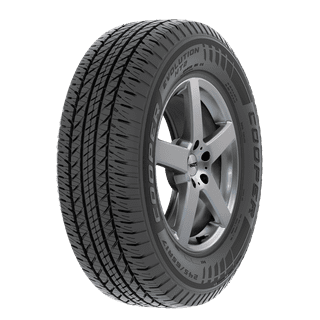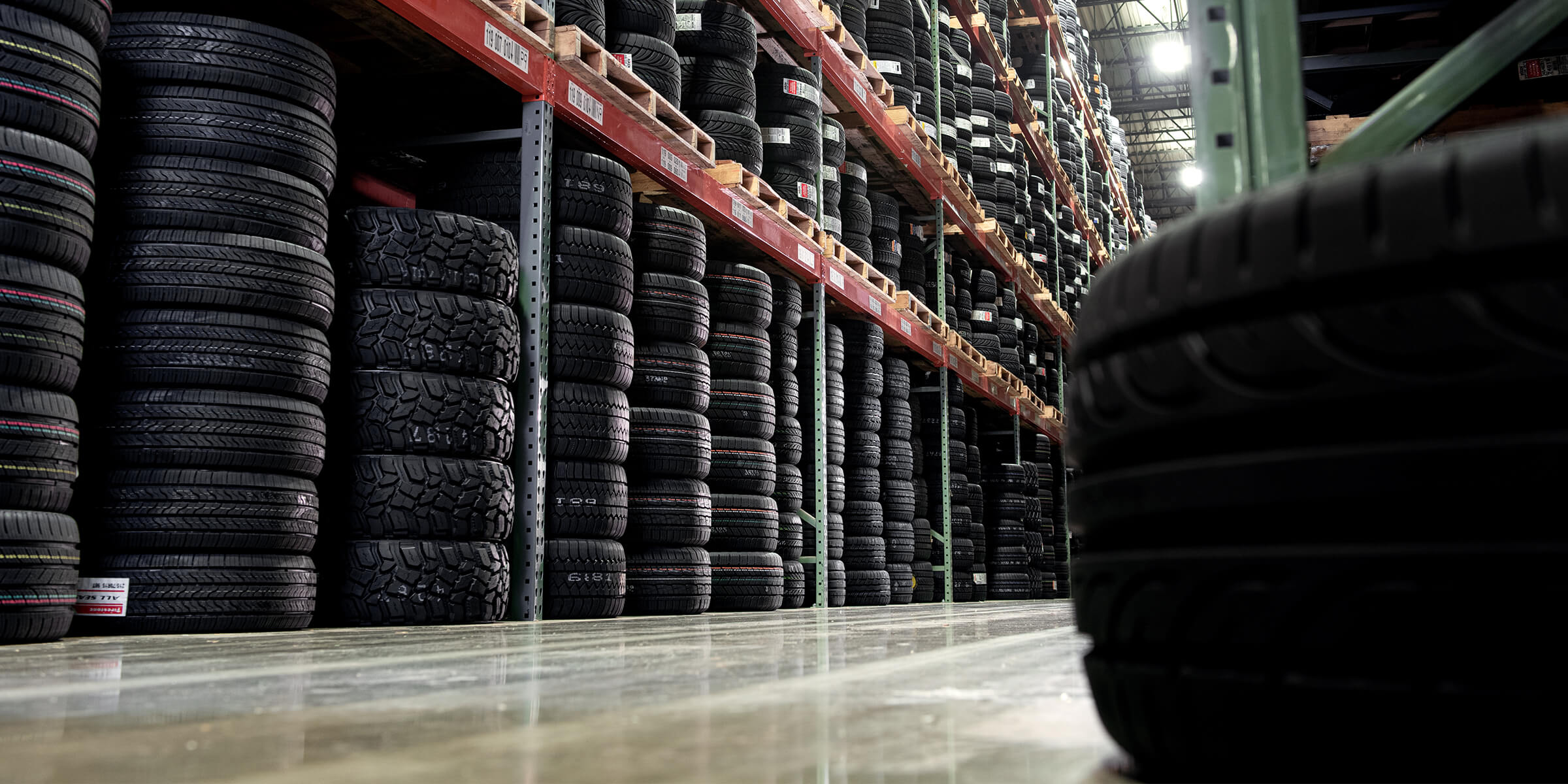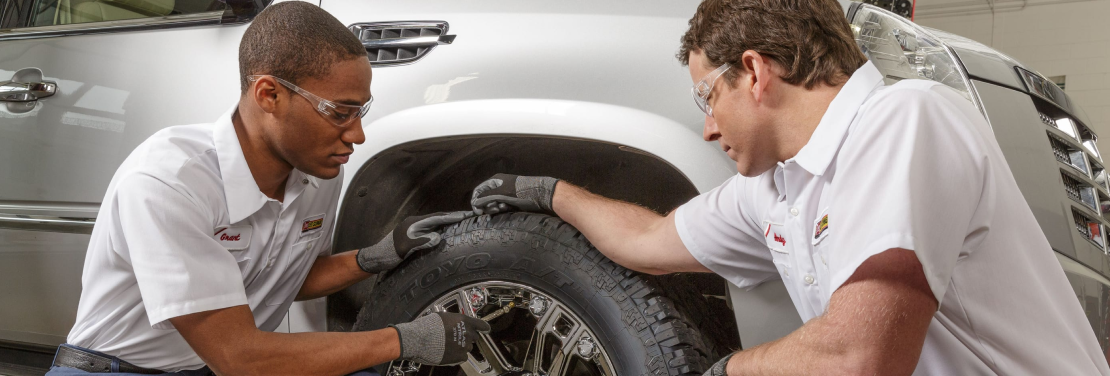Morris Tire and Alignment: Your Trusted Resource for Reliable Service
Morris Tire and Alignment: Your Trusted Resource for Reliable Service
Blog Article
Tire Solution: Recognizing Tire Pressure Monitoring Equipments
Comprehending Tire Pressure Monitoring Systems (TPMS) is an essential facet of preserving optimal lorry efficiency and security on the road. With innovations in auto modern technology, TPMS has actually ended up being a common function in modern-day cars, providing real-time information on tire pressure degrees. Diving much deeper right into the ins and outs of TPMS, one can reveal the various parts that make up this system and the importance of each in making certain precise tracking. From straight to indirect TPMS systems, the landscape of tire pressure tracking varies, each with its unique collection of benefits and considerations. Keep tuned to decipher the complexities of TPMS, from upkeep suggestions to the obvious benefits of keeping your tires correctly inflated. mopar tire service specials.

Significance of TPMS
The relevance of Tire Pressure Monitoring Solutions (TPMS) lies in their capability to improve automobile security and efficiency with real-time tracking of tire pressure levels. Maintaining the appropriate tire pressure is vital for making sure optimal handling, braking, and overall security of a car. TPMS gives vehicle drivers with prompt comments on any type of underinflated or overinflated tires, allowing for prompt adjustments to be made.
Components of TPMS
Sensing units are generally situated in the tire shutoff stem or affixed to the wheel assembly, where they gauge tire stress and send data to the control module. Some advanced TPMS versions likewise show the actual tire stress analyses for each tire, supplying drivers with real-time details to make sure optimum tire performance and safety and security. By keeping track of tire pressure continuously, TPMS aids avoid accidents, reduces tire wear, and enhances fuel performance, making it a vital part for car security and performance. morris tire and alignment.
Kinds Of TPMS

On the various other hand, indirect TPMS depends on the automobile's wheel rate sensing units to keep an eye on tire stress. This system identifies underinflation by contrasting the rotational rates of the wheels. Indirect TPMS is less pricey than direct TPMS, as it utilizes existing sensors within the lorry.
While straight TPMS uses a lot more accurate analyses, indirect TPMS is simpler in design and commonly calls for less maintenance. Both systems have their benefits and limitations, and the option in between them commonly depends useful reference on elements such as price, automobile make, and individual preference. Comprehending the differences between these two sorts of TPMS can aid vehicle owners make informed choices regarding tire maintenance and security.
TPMS Upkeep Tips
Conduct routine checks on the tire pressure degrees and compare them with the TPMS readings to guarantee they are consistent. During tire rotation or substitute, make sure that the TPMS elements are dealt with very carefully to stop any type of prospective damage. If the TPMS cautioning light illuminates on the control panel, attend to the issue immediately by checking the tire stress and the total system for any kind of mistakes.
Advantages of Appropriate Tire Stress
Maintaining appropriate tire stress, as highlighted in TPMS Maintenance Tips, is vital for enjoying the various benefits connected with optimal tire stress levels. One of the main benefits of preserving the proper tire stress is enhanced fuel effectiveness. When tires are properly pumped up, there is less rolling resistance, leading to far better gas economy. In addition, appropriate tire stress ensures even tire wear, expanding the lifespan of the tires and advertising safer driving problems. With the this ideal tire pressure, automobiles also have far better handling and traction, especially in adverse weather conditions. This can boost general driving efficiency and security for the chauffeur and travelers. Moreover, keeping optimal tire pressure can add to a smoother and a lot more comfortable experience by reducing resonances and sound triggered by underinflated tires. Finally, the advantages of correct tire stress surpass just tire long life; they encompass boosted fuel effectiveness, enhanced safety and security, far better car performance, and general driving comfort.
Conclusion
To conclude, recognizing tire stress tracking systems (TPMS) is essential for preserving optimum tire stress and guaranteeing lorry safety. By acknowledging the importance of TPMS, being acquainted with its parts, recognizing the different types offered, sticking to correct maintenance pointers, and recognizing the benefits of keeping proper tire stress, drivers can boost their driving experience and lengthen the life expectancy of their tires. Proper tire pressure is vital to reliable and secure lorry procedure.

Report this page